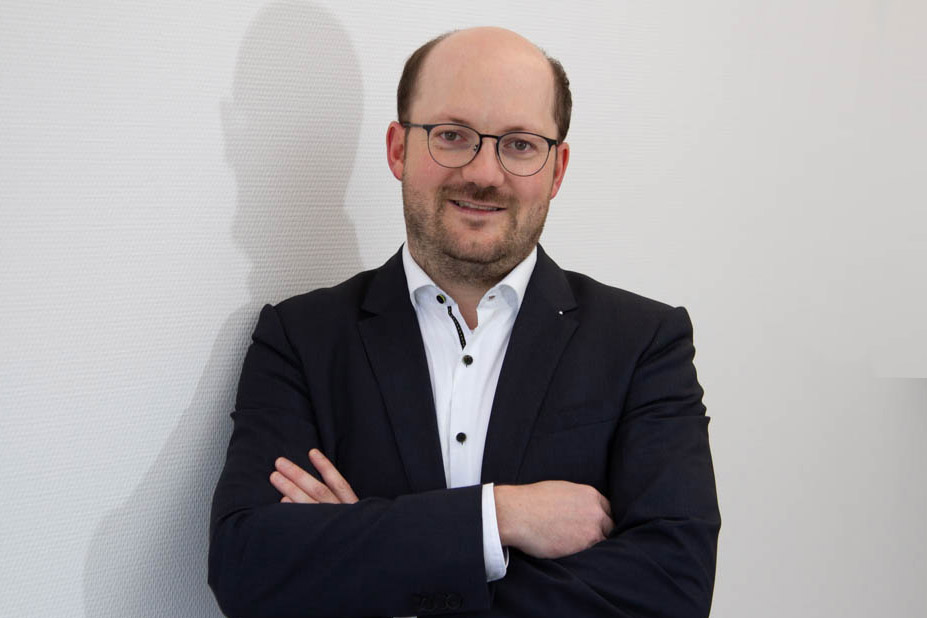
Prof. Dr.-Ing. Thomas Spittler
Professor
Studiengangsleitung Health Informatics
Sprechzeiten
Sprechstunde nach Vereinbarung per Email
Projekte
VISAKI, ERASMUS+ Hybrid Healthcare, KI meets vhb
Labore
Digital Health and Smart Tourism Labor
Kernkompetenzen
- Digitalisierung im Gesundheitswesen
- Digital Health
- Data Analytics und Angewandte Künstliche Intelligenz
- Versorgungsforschung
- Wissenschaftskommunikation
- Digital Health Literacy
- Prävention für Migrantinnen und Migranten
Vita
- 2018-heute: Professur “Telematics in Healthcare” an der Technischen Hochschule Deggendorf, Fakultät European Campus Rottal-Inn
- 2015-2018: Senior Consultant, Innowerk-It GmbH Passau mit Fokus auf Projektmanagement und Entwicklung von Individualsoftware mit agilen Methoden im Automotive und Gesundheitsbereich
- 2017: Promotion an der TU München mit dem Thema “Möglichkeiten und Grenzen datenbankgestützter telemedizinischer Feedback-Interventionen”
- 2008 - 2015:Soft- und Hardware Entwickler, Softwarehaus Zuleger, Ottobrunn mit Fokus auf Softwareentwicklung und Testing im Avionik- und Militärbereich mit internationalen Teams
- 2009 - 2014: Wissenschaftlicher Mitarbeiter am Heinz Nixdorf-Lehrstuhl für Medizinische Elektronik, TU München, Forschung, Lehre und Projektarbeit in nationalen und internationalen Forschungsprojekten